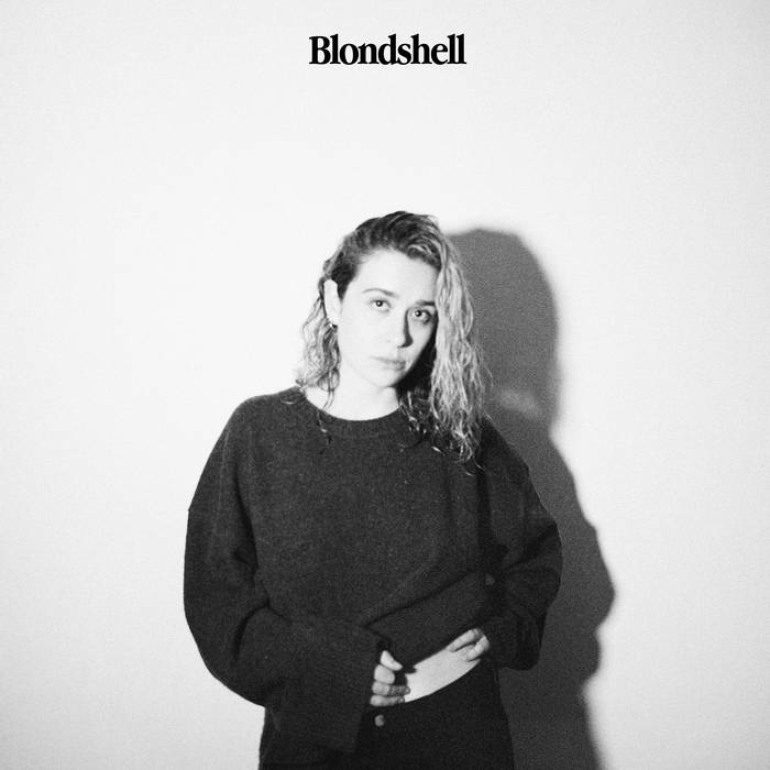

Honesty in a story of youth
Back in 2014, Sabrina Teitelbaum began releasing music to SoundCloud, later releasing a noteworthy single, “Effortless”, granting herself a spot in the world of up-and-coming pop artists of the late 2010s. Nowadays, though, she is known as Blondshell, and has returned this year with a self-titled album that is miles away from her predicted path in relatable pop music. Blondshell has roots in Teitelbaum’s California upbringing and navigation of her early twenties, as references to 2000s television shows and bands are abound in tracks that resonate with audiences her age. Teitelbaum herself has pointed to Liz Phair, Pixies and Nirvana as her influences while creating a theme of angst and millennial anger at life’s many challenges.
Blondshell begins with “Veronica Mars”, a portrait of her perspective of the TV show of the same name. It’s a low, bass-heavy start, with Teitelbaum chronicling her experience and affinity for the show; later, the track breaks into grand instrumentals, almost completely made up of guitar riffs and harmonies before it quickly ends. Teitelbaum’s voice has a low timbre, and is most effective when it’s gentle and glides the lyrics around as if they’re in conversation. “Kiss City” is a slow contrast to “Veronica Mars”, with percussive elements similar to cooling bossa nova sounds–again, though, the instrumentals break into a loud and busy accompaniment as Teitelbaum begins to almost yell her vocals.
The vocals and lyrics in Blondshell are their own entities, as many of the tracks pave the way for a heightened focus on Teitelbaum’s storytelling. “Kiss City” begins the album’s closeness to its theme of turbulent, emotive relationships as Teitelbaum sings “I think my kink is when you tell me that you think I’m pretty / did you expect something different?”; in “Olympus”, her recollections become more intense, with “I’d still kill for you / I’d die to spend the night at your belonging / all my friends think that I’ve lost it.” However, the instrumental accompaniments are simple enough in which they line the lyrics, and follow them: when the lyrics reach a peak in tension, so do the sounds all around them.
While Blondeshell is a far cry from Teitelbaum’s previous affiliation with pop-rock, it remains close to the sounds of well-known indie rock albums in her demographic. “Salad” begins with a quaint, unassuming xylophone-esque solo, resembling the quietness of Phoebe Bridgers’ “Kyoto” and “The Gold”, and Blondshell’s “Sober Together” begins with drowned out vocals that fade into a similar gentle bass solo. Yet, one of the stronger aspects of the album is Teitelbaum’s ability to quickly shift the mood into that of one of loudness, rage and raw emotion, as it’s a commonality throughout, almost becoming an expected part of each track.
The album closes out with “Dangerous”, which is a polar opposite to the childlike wonder of “Veronica Mars.” It’s tender, as its lyrics are more intimate and perhaps closer to Teitelbaum’s inner thoughts. Surprisingly, though, it lacks the opulent instrumental breaks of previous tracks, likely in an attempt to distinguish it from them. At the very end of the track, Teitelbaum repeats “When I leave the house / anything can take me down”, echoing a hollowness that comes from the same ‘challenges’ she has previously alluded to in navigating life and the stronghold relationships and social interactions has on her heart.
